St. Petersburg: Supplier's second terminal berth in operation
Fuel terminal is expected to be handling up to 4-5 million tonnes of oil products per annum by 2020.
Baltic Fuel Company (BFC) has put into operation the second berth at its own marine fuel terminal, MTT Turukhtannye Islands, in the port of St. Petersburg.
In a statement, the company said: "The complete reconstruction of the SV-15 berth has been performed by Baltic Fuel Company within the framework of a large-scale project on expansion of its own terminal in the port of St. Petersburg.
"The project documentation has also been elaborated and the public hearings have already been held. Approval of land reclamation within a water body has been obtained from the Federal Marine and River Transport Agency (Rosmorrechflot). Besides, planning scheme and boundary-setting plan have been developed. Water supply and water consumption networking is in process according to issued specifications. Construction of the power network (3.4 MW in capacity) has commenced. Obtaining of gas limits is being worked out and construction of a boiler station begins."
State expert approval and a permit for construction are due to be obtained before the end of 2014, the company added.
The fuel terminal occupies a 7.3-hectare plot of land with two berths being used for the transshipment of oil products. In 2013, the facility handled some 500,000 tonnes.
Once reconstruction is completed (forecast to be in 2015-6), the terminal's throughput is expected to reach 1.7 million tonnes of oil products per annum. From 2017, BFC says the terminal will annually handle up to 2.4 million tonnes of products; from 2020 the company expects the figure to be up to 4-5 million tonnes.
Investments into the project are estimated at $110 million.
In a statement, the company said: "The complete reconstruction of the SV-15 berth has been performed by Baltic Fuel Company within the framework of a large-scale project on expansion of its own terminal in the port of St. Petersburg.
"The project documentation has also been elaborated and the public hearings have already been held. Approval of land reclamation within a water body has been obtained from the Federal Marine and River Transport Agency (Rosmorrechflot). Besides, planning scheme and boundary-setting plan have been developed. Water supply and water consumption networking is in process according to issued specifications. Construction of the power network (3.4 MW in capacity) has commenced. Obtaining of gas limits is being worked out and construction of a boiler station begins."
State expert approval and a permit for construction are due to be obtained before the end of 2014, the company added.
The fuel terminal occupies a 7.3-hectare plot of land with two berths being used for the transshipment of oil products. In 2013, the facility handled some 500,000 tonnes.
Once reconstruction is completed (forecast to be in 2015-6), the terminal's throughput is expected to reach 1.7 million tonnes of oil products per annum. From 2017, BFC says the terminal will annually handle up to 2.4 million tonnes of products; from 2020 the company expects the figure to be up to 4-5 million tonnes.
Investments into the project are estimated at $110 million.
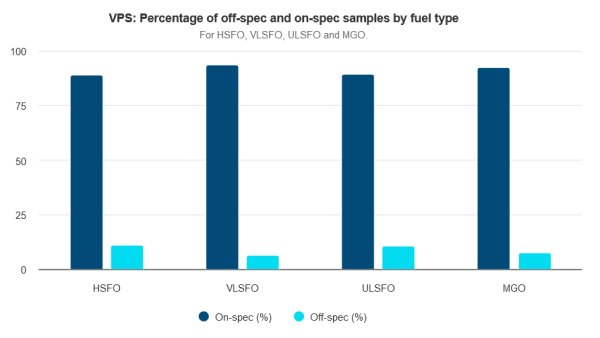
|
Is your vessel fully protected from the dangers of poor-quality fuel? | Steve Bee, VPS
Commercial Director highlights issues linked to purchasing fuel and testing quality against old marine fuel standards. |
|
|
|
||
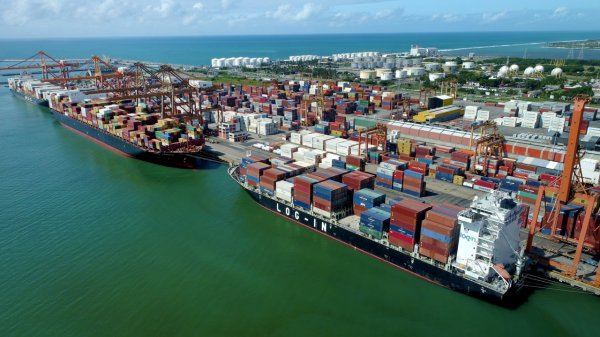
|
GDE Marine targets Suape LSMGO by year-end
Expansion plan revealed following '100% incident-free' first month of VLSFO deliveries. |
|
|
|
||
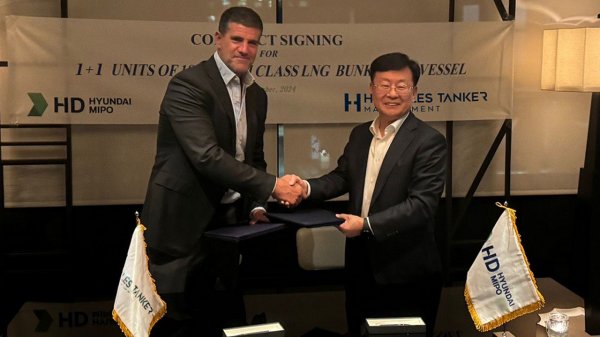
|
Peninsula CEO seals deal to build LNG bunker vessel
Agreement signed through shipping company Hercules Tanker Management. |
|
|
|
||
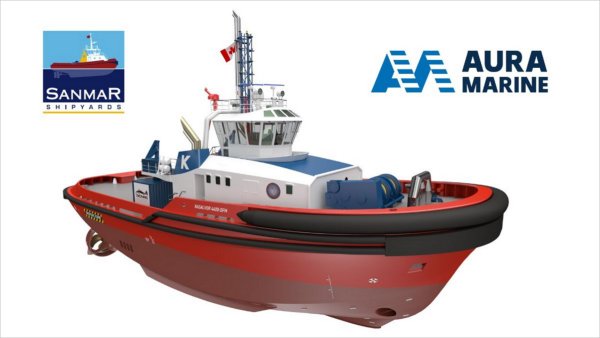
|
Auramarine supply system chosen for landmark methanol-fuelled tugs
Vessels to enter into service in mid-2025. |
|
|
|
||

|
Rise in bunker costs hurts Maersk profit
Shipper blames reroutings via Cape of Good Hope and fuel price increase. |
|
|
|
||
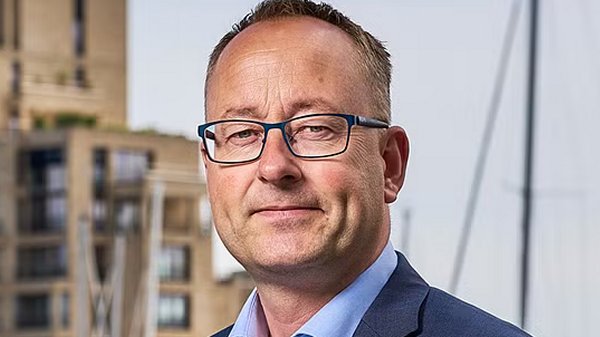
|
Dan-Bunkering posts profit rise in 2023-24
EBT climbs to $46.8m, whilst revenue dips from previous year's all-time high. |
|
|
|
||
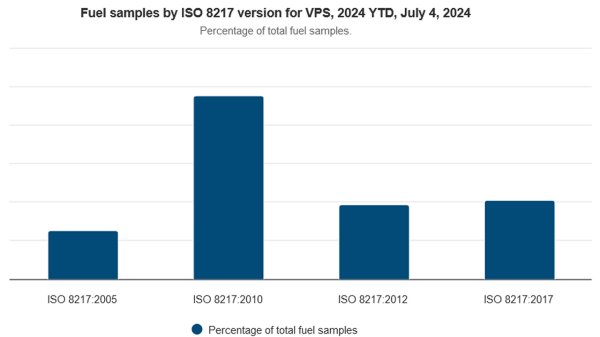
|
ISO 8217:2024 'a major step forward' | Steve Bee, VPS
Revision of international marine fuel standard has addressed a number of the requirements associated with newer fuels, says Group Commercial Director. |
|
|
|
||
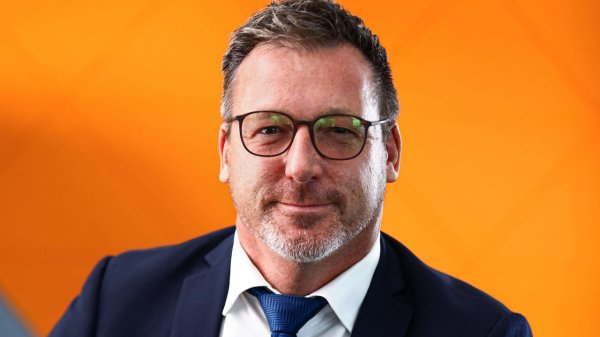
|
EBT down 45.8% for Glander International Bunkering
CFO lauds 'resilience' as firm highlights decarbonization achievements over past year. |
|
|
|
||
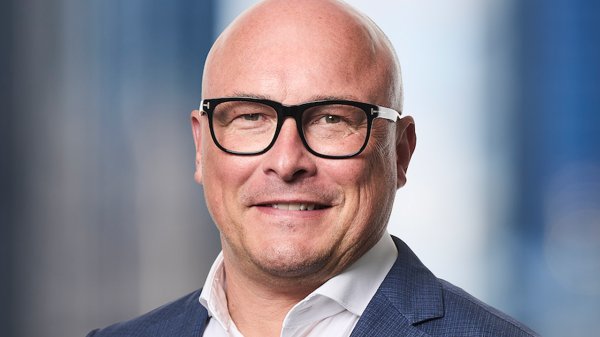
|
KPI OceanConnect posts 59% drop in pre-tax profit
Diminished earnings and revenue as sales volume rises by 1m tonnes. |
|
|
|
||
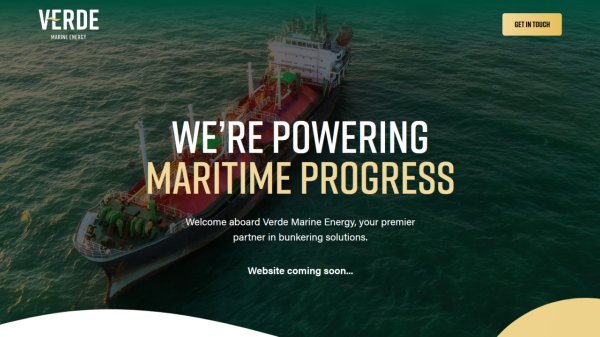
|
Delta Energy's ARA team shifts to newly launched Verde Marine
Physical supplier offering delivery of marine gasoil in the ARA region. |
|
|
|
||
Related Links
- · New bunker supplier in Novorossiysk [Insights]
- · Bunker supplier expands St. Petersburg fleet [Insights]
- · Russian supplier takes delivery of tanker [Insights]
- · Russian supplier develops oil transportation business [Insights]
-
· Baltic Fuel Company Ltd. [Directory]
- · Russia [Directory]
- · St Petersburg [Directory]

